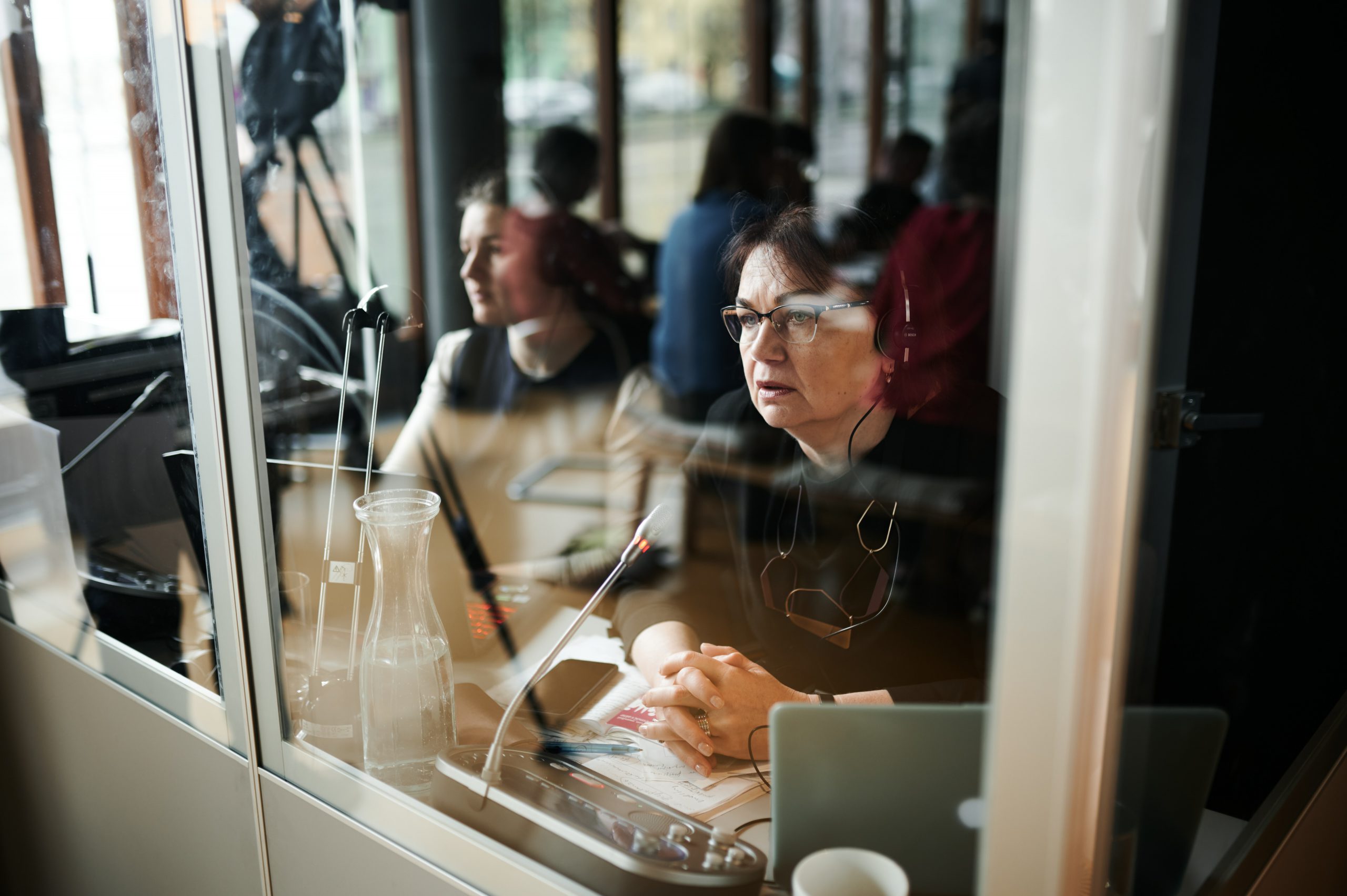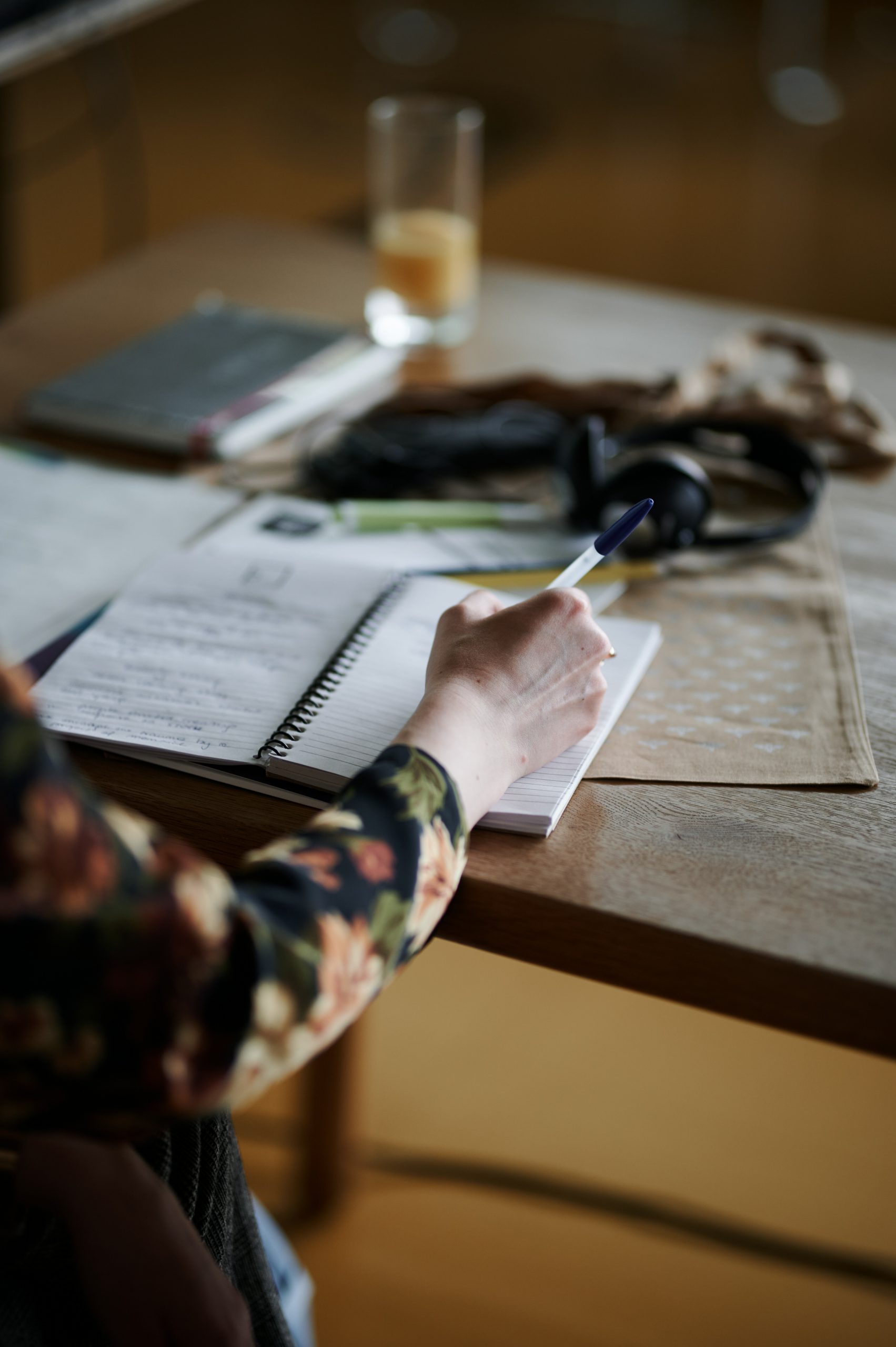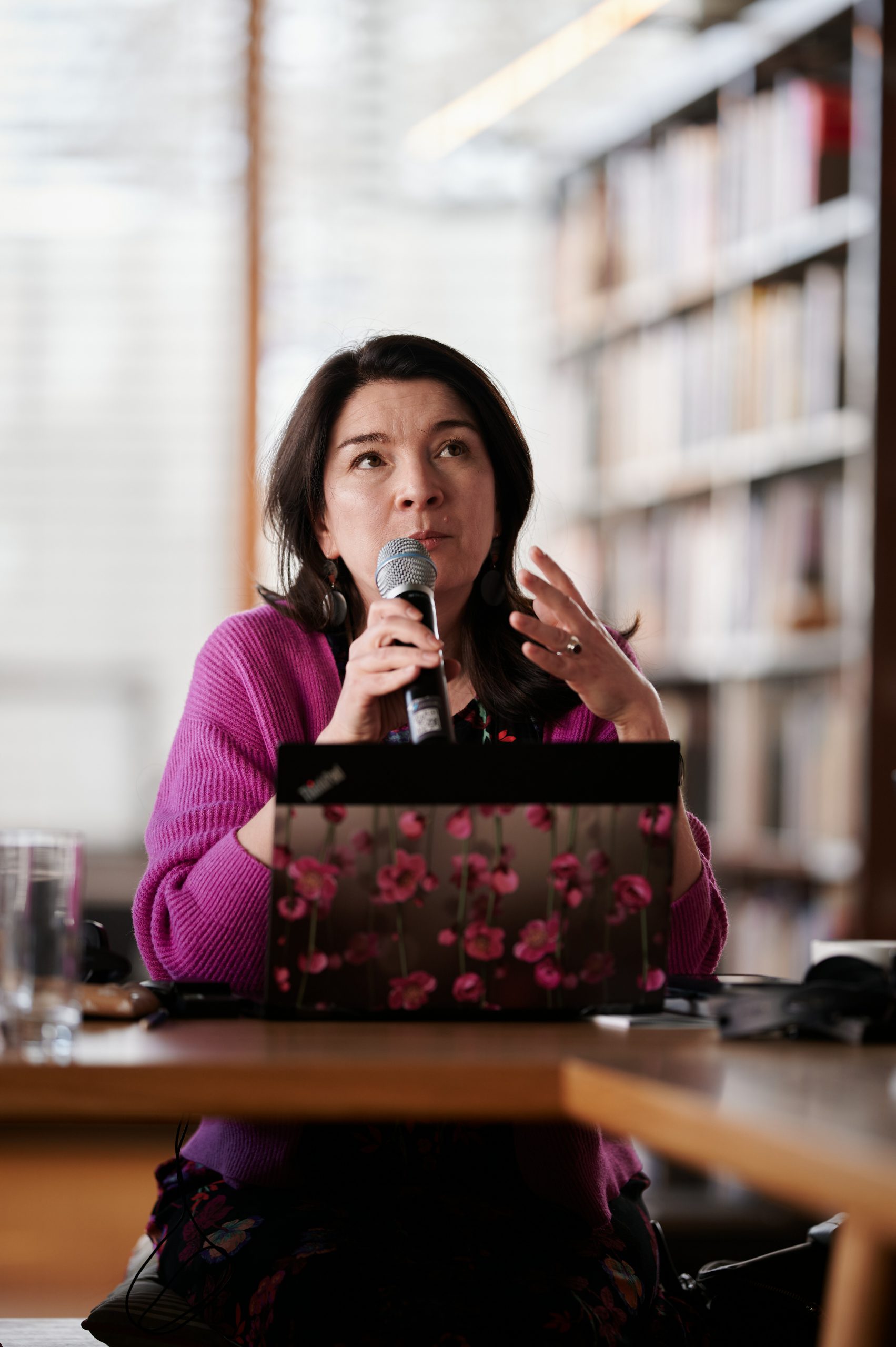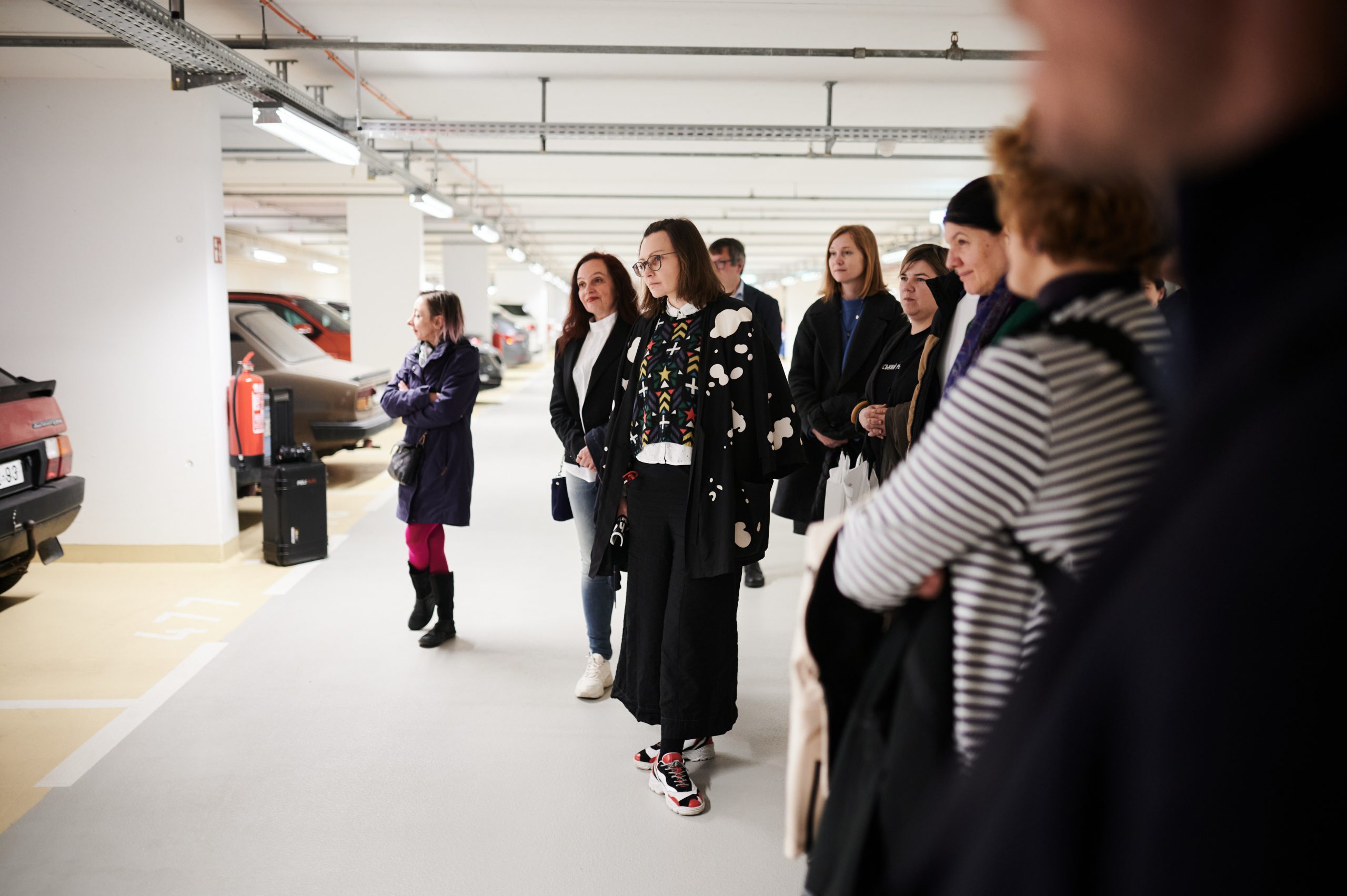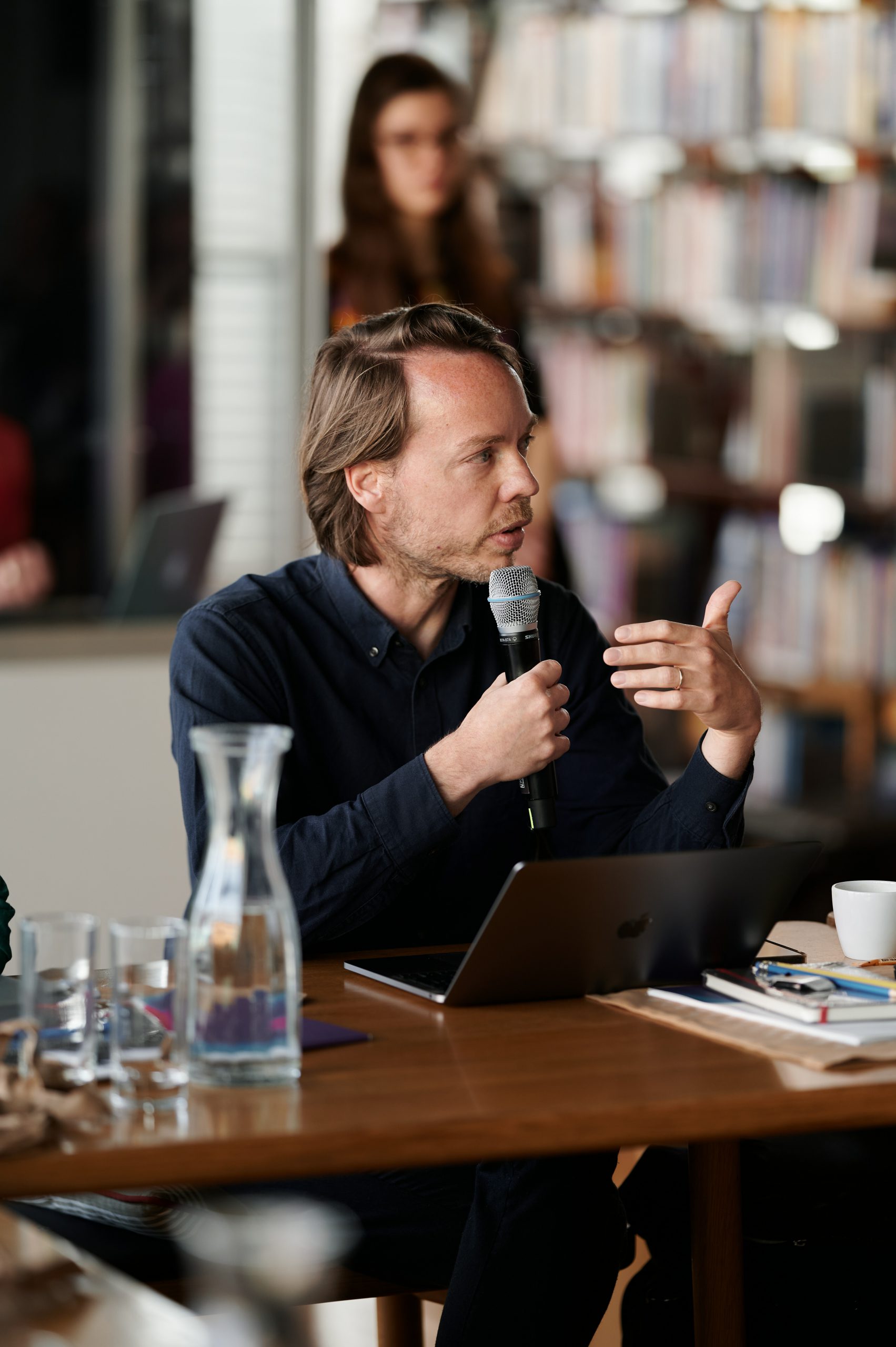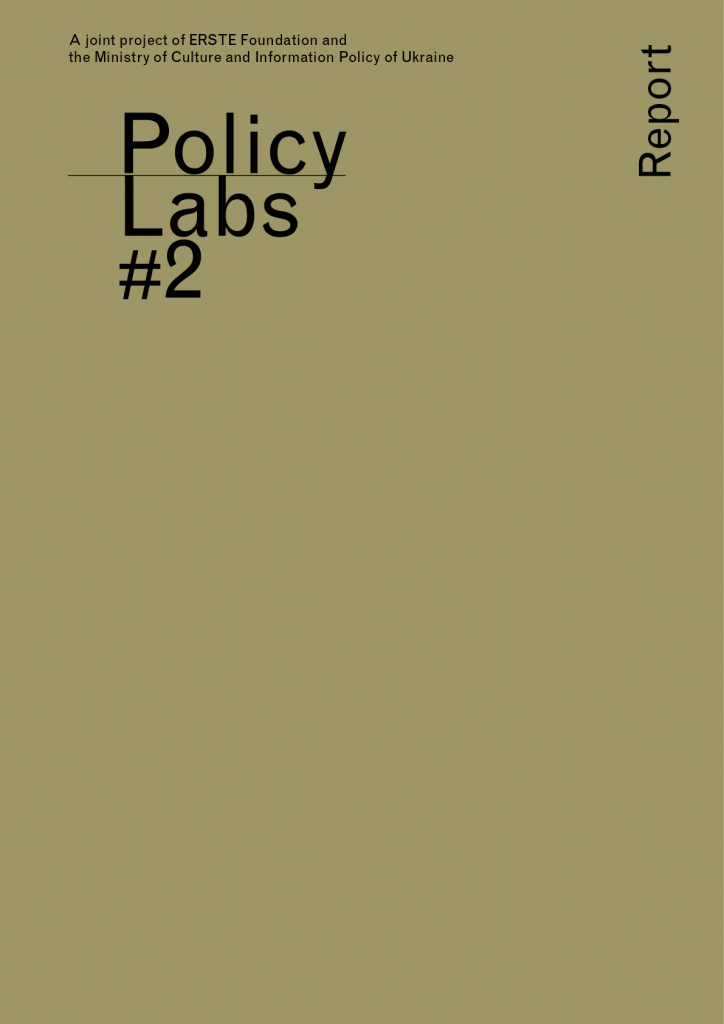Policy Labs #2
Culture, Social Resilience,
and Well-Being
12—14 April 2023, Vienna
From the onset, the war has utilised heritage and culture to divide people by spreading propaganda and mixed messages concerning ethnic minorities in Ukraine. However, it is noteworthy that it has also served as a temporary unifying force for the Ukrainian nation. On a grassroots level, it has strengthened solidarity and demonstrated its healing power to Ukrainians in the war-torn country and abroad. This underscores the significance of recognising the role of culture, including cultural heritage, as a tool for supporting those at the forefront of the conflict now and for rebuilding and stabilising transformed Ukrainian society in the future. The seminar purports to support the efforts of the Ministry of Culture and Information Policy of Ukraine (MCIP) to prepare for the reconstruction of the country and assist in promoting culture as an essential element of Ukraine’s future on its way to EU integration. Participants consider ways to help the MCIP carry out its mission: “increase the impact of culture and create conditions to convert it to a key element of the sustainable development and awareness of self-identity of Ukrainian society”.
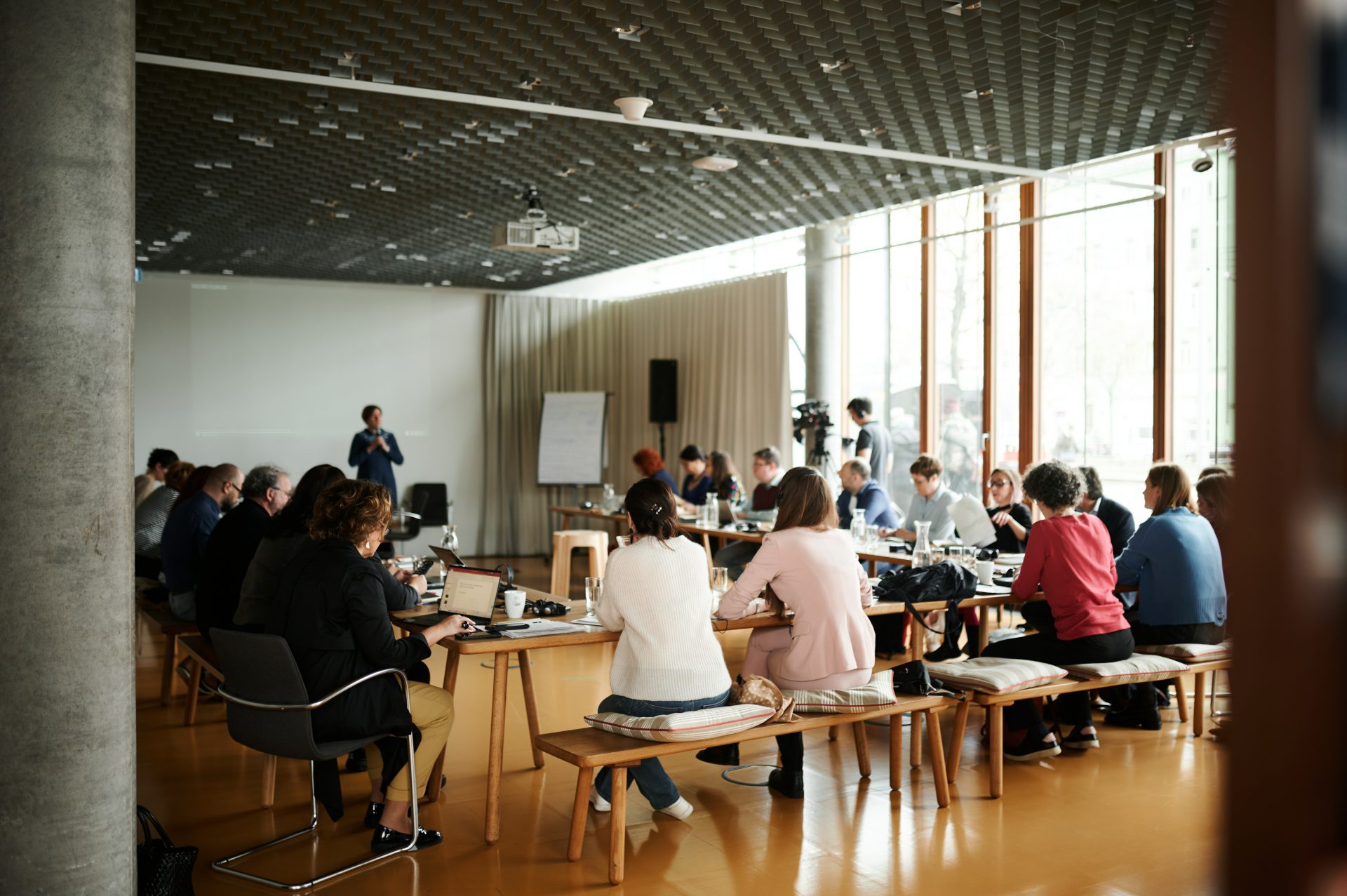
Topics
#1Social Resilience through Culture
An expert presentation “Forging New Futures – rebuilding society and reusing heritage” by Hanna Szemző (Metropolitan Research Institute in Budapest, Hungary), opened the first session. Key takeaways included the importance of having an open and flexible process to be ready to adapt, as well as pulling from various resources rather than relying on just one, such as state funding. The first presentation was followed by Oksana Dovgopolova’s reflection on “Memory, Culture and Social Resilience: dimension of the war”. Professor Dovgopolova is co-founder and curator of the memory culture platform Past / Future / Art in Ukraine. Her intervention pertained to memorialising as a natural human response to a tragic shock and an opportunity to retell an imposed historical narrative. After a short Q&A, the participants moved on to the setting of breakout rooms to discuss protecting heritage and its potential to absorb adversities.
#2Culture as a Source of Emancipation and Well-Being
The second objective of Day 2 was to explore the potential of culture, including institutions, artistic interventions, and cultural heritage, as an increasingly crucial asset in addressing global and local issues, including public health or sustainable urban planning.
#3The required policy and institutional framework
The deliberations on the final theme were enriched by a two-day program that included a panel discussion and two insightful interventions by experts. The discussions encompassed a range of case studies, specifically focusing on the film industries in the USA, Croatia, and Ukraine. Additionally, attention was directed towards collaborative and systematic approaches to developing cultural hubs and city branding.
Participants
Konstantin Akinsha
Founding director at the Russian Avant-Garde Research Project and guest curator at Ludwig Museum of Contemporary Art, Hungary/Ukraine
Elmira Ablyalimova-Chyhoz
Crimean Institute for Strategic Studies
Tsveta Andreeva
European Cultural Foundation
Yana Barinova
ERSTE Foundation
Florian Bauer
Director for »Social Finance, Sustainability, and Innovation« at ERSTE Foundation
Airan Berg
Circus of Knowledge at Johannes Kepler University in Linz
Luisella Carnelli
Fondazione Fitzcarraldo and the Cultural Observatory of Piedmont
Ilona Demchenko
House of Europe, Goethe-Institut
Lina Doroshenko
Department of Cultural Heritage within the Ministry of Culture and Information Policy of Ukraine
Oksana Dovgopolova
Past / Future / Art and Odesa Mechnikov National University
Kateryna Filyuk
University of Palermo
Elly Harrowell
Coventry University
Natalia Kryvda
Taras Shevchenko National University of Kyiv
Paul Mahringer
Federal Monuments Authority in Austria
Ksenia Malykh
PinchukArtCentre Research Platform
Boris Marte
CEO of ERSTE Foundation
Zhenia Moliar
Bibliotheca Hertziana – Max Planck Institute for Art History in Rome
Simon Mraz
Federal Ministry for European and International Affairs of the Republic of Austria
Ievgen Mushkin
VDNG, national complex »Expocenter of Ukraine«
Natalia Pivchuk
Department of Culture, Nationalities and Religions at the Bucha City Council
Levente Polyak
Eutropian Research & Action
Mykhaylyna Skoryk-Shkarivska
Irpin City Council and deputy mayor of Bucha
Hanna Szemző
Metropolitan Research Institute
Monica Urian
European Commission - Directorate General Education and Culture
Karol Wasilewski
4CF
Katherine Younger
Institute for Human Sciences, IWM Vienna
Rarita Zbranca
Cluj Cultural Centre
Moderators
Philippe Kern
Founder and managing director at KEA European Affairs, Belgium
Aleksandra Ćwik-Mohanty
Senior Consultant at KEA European Affairs, Belgium
Media
